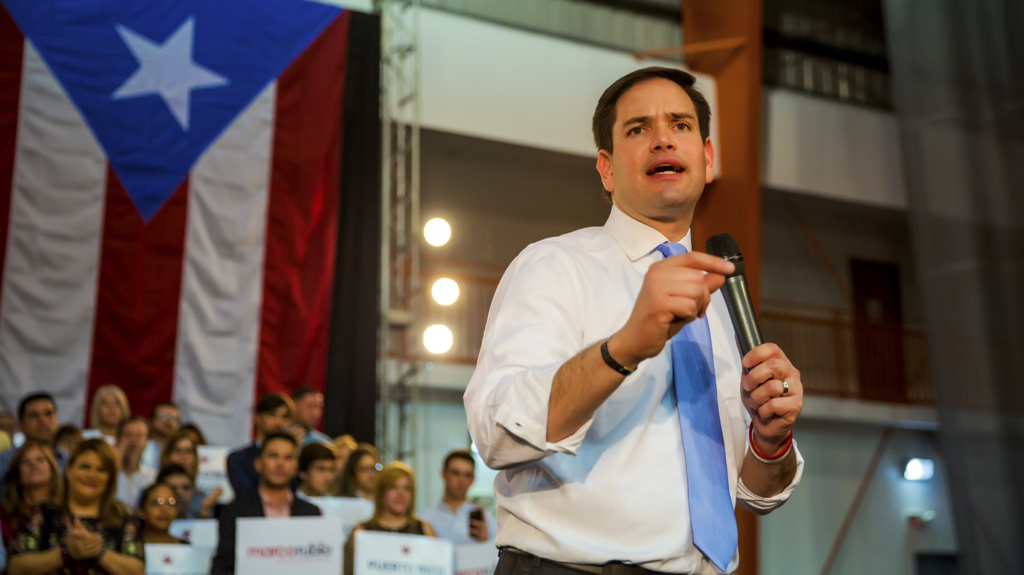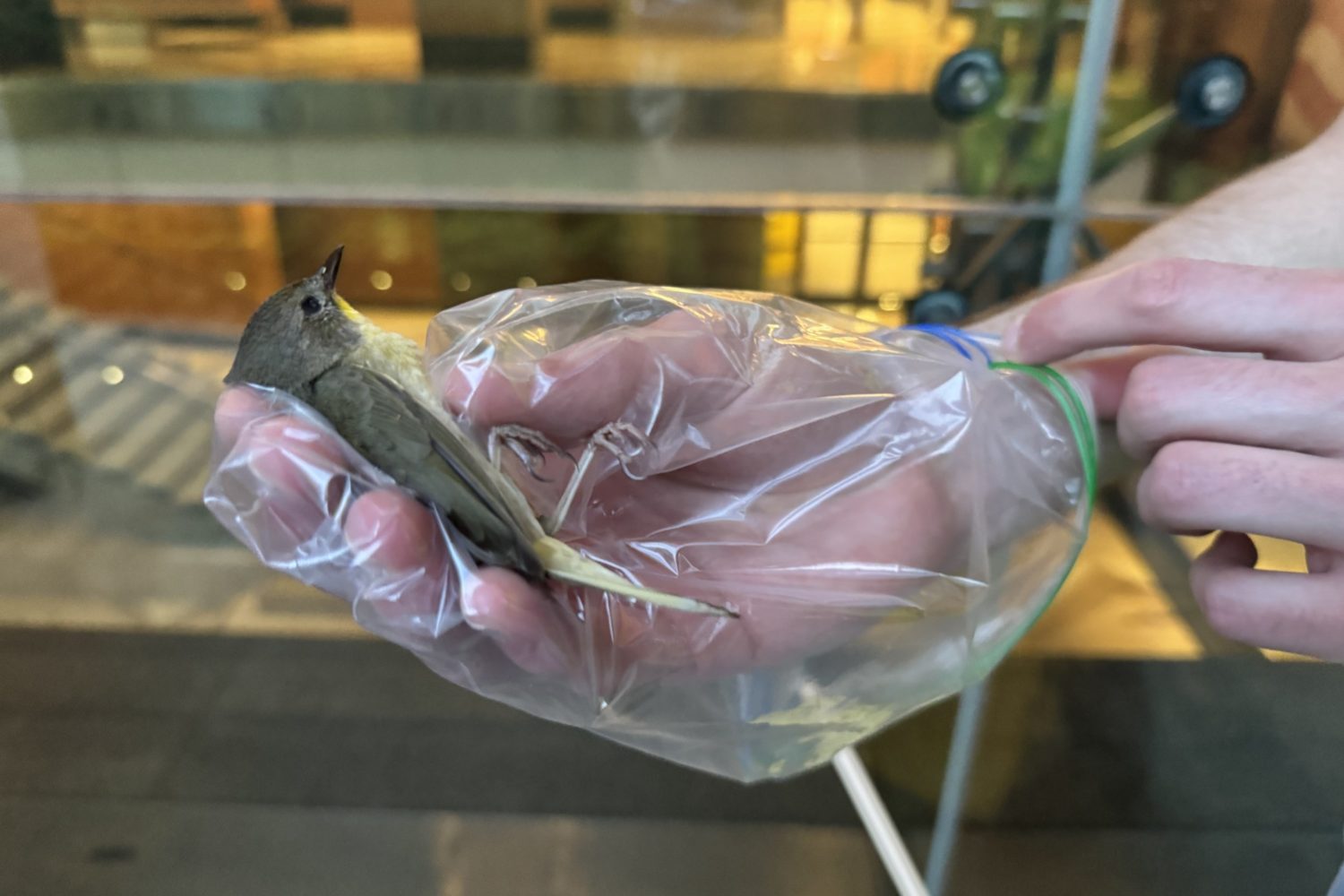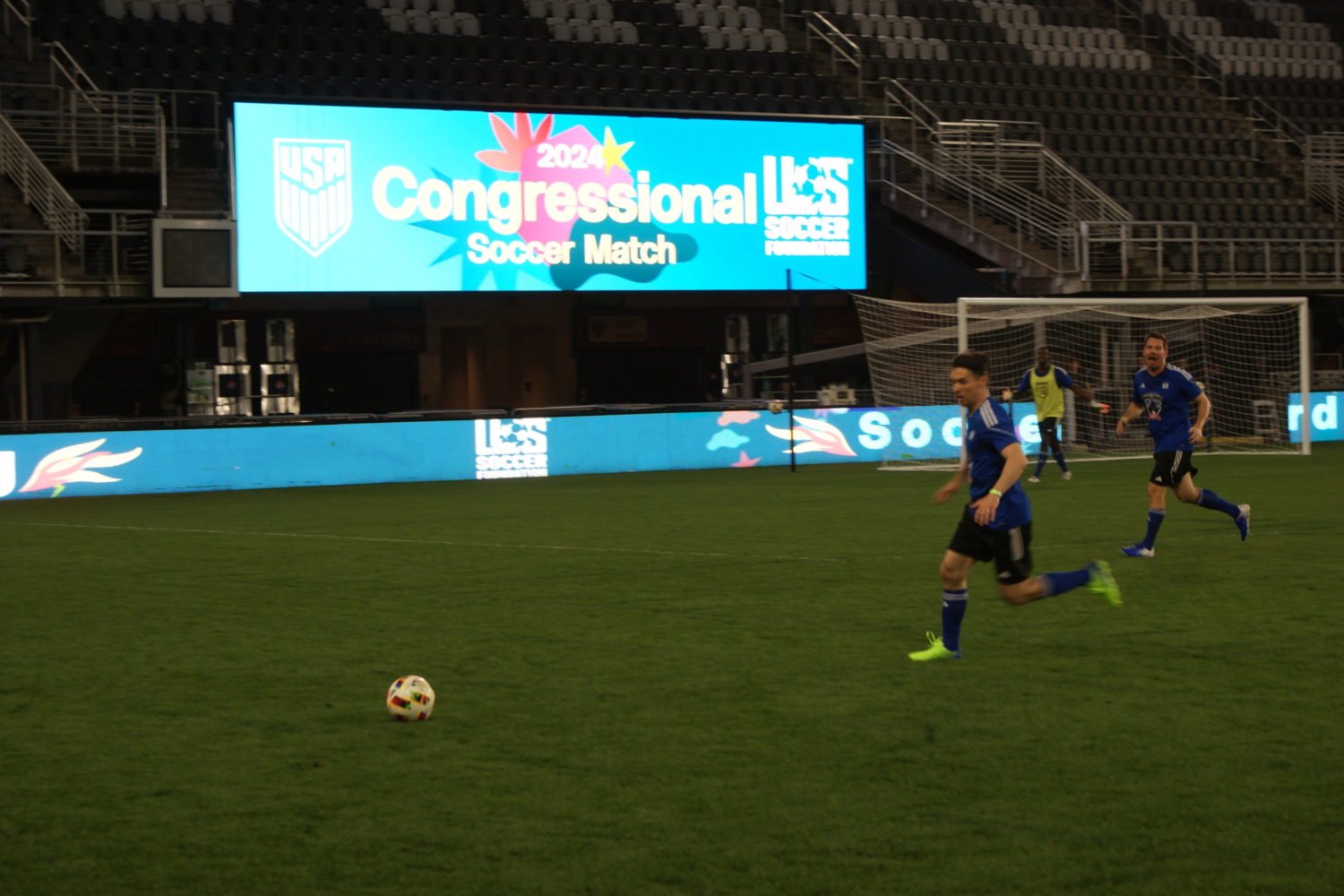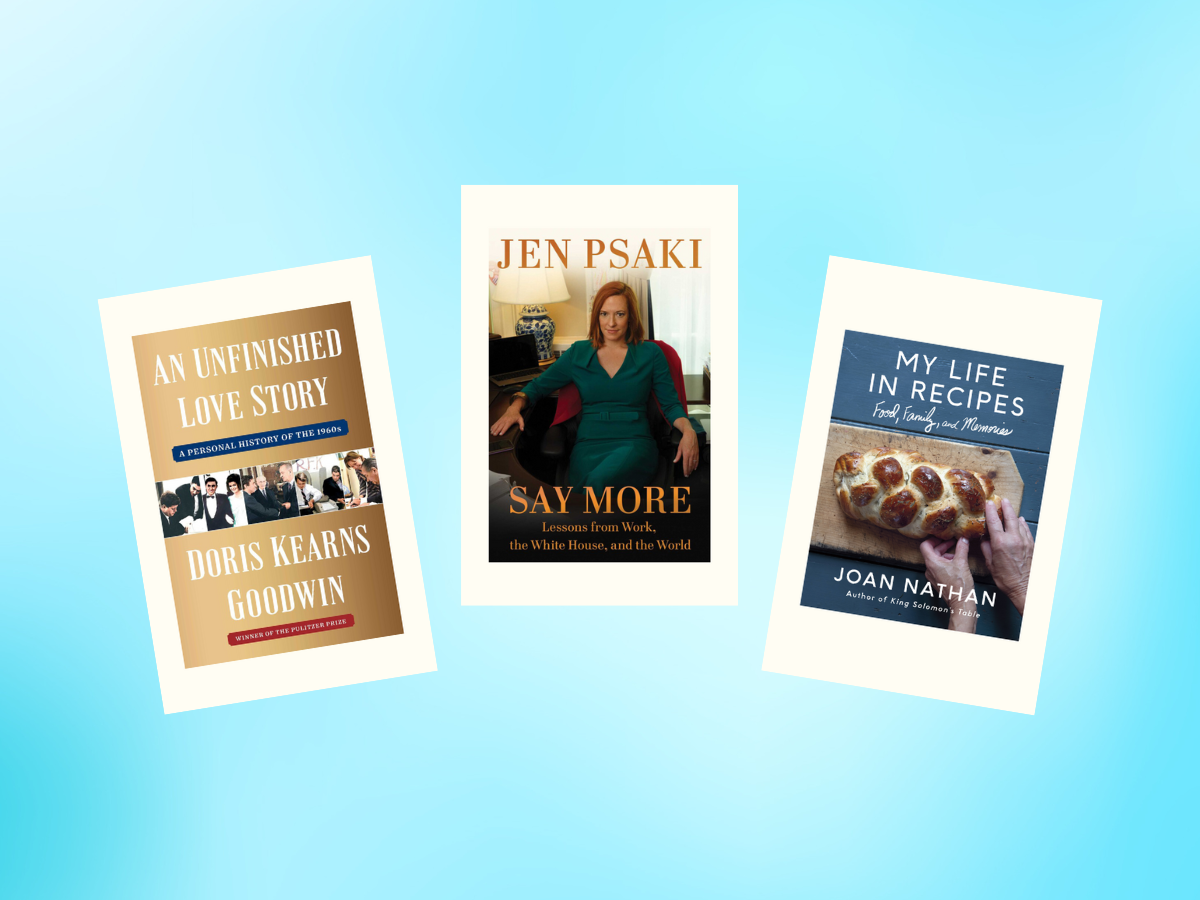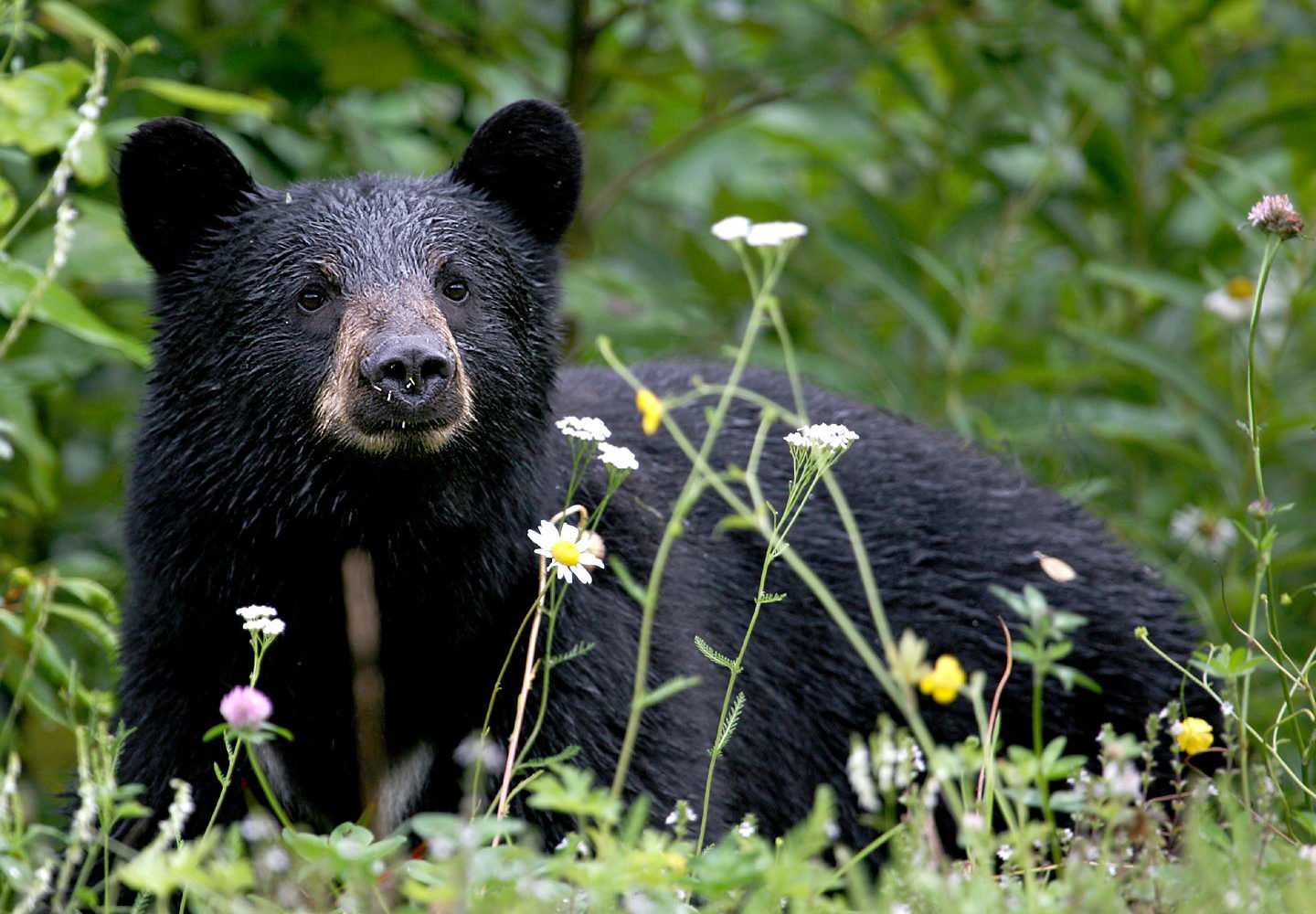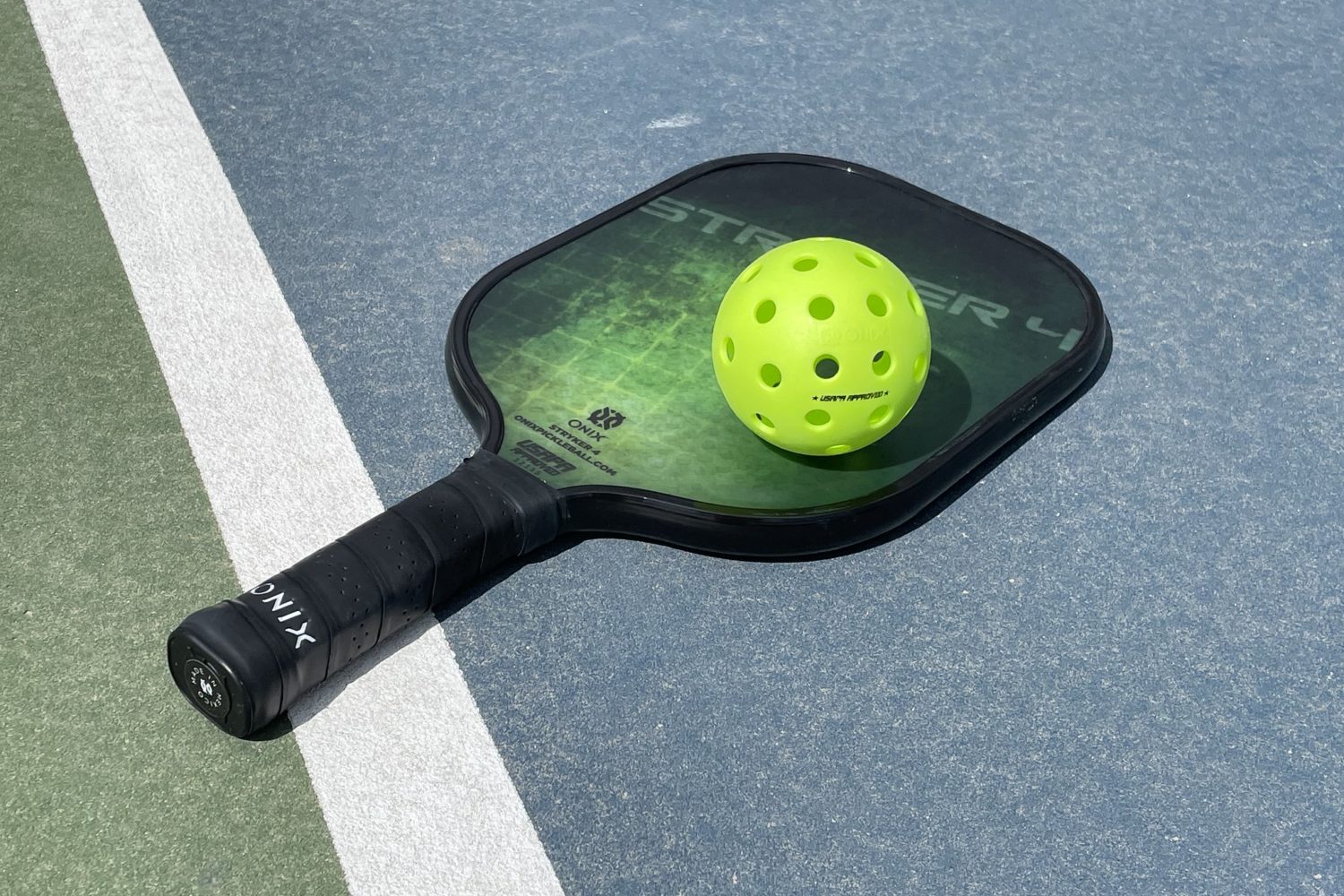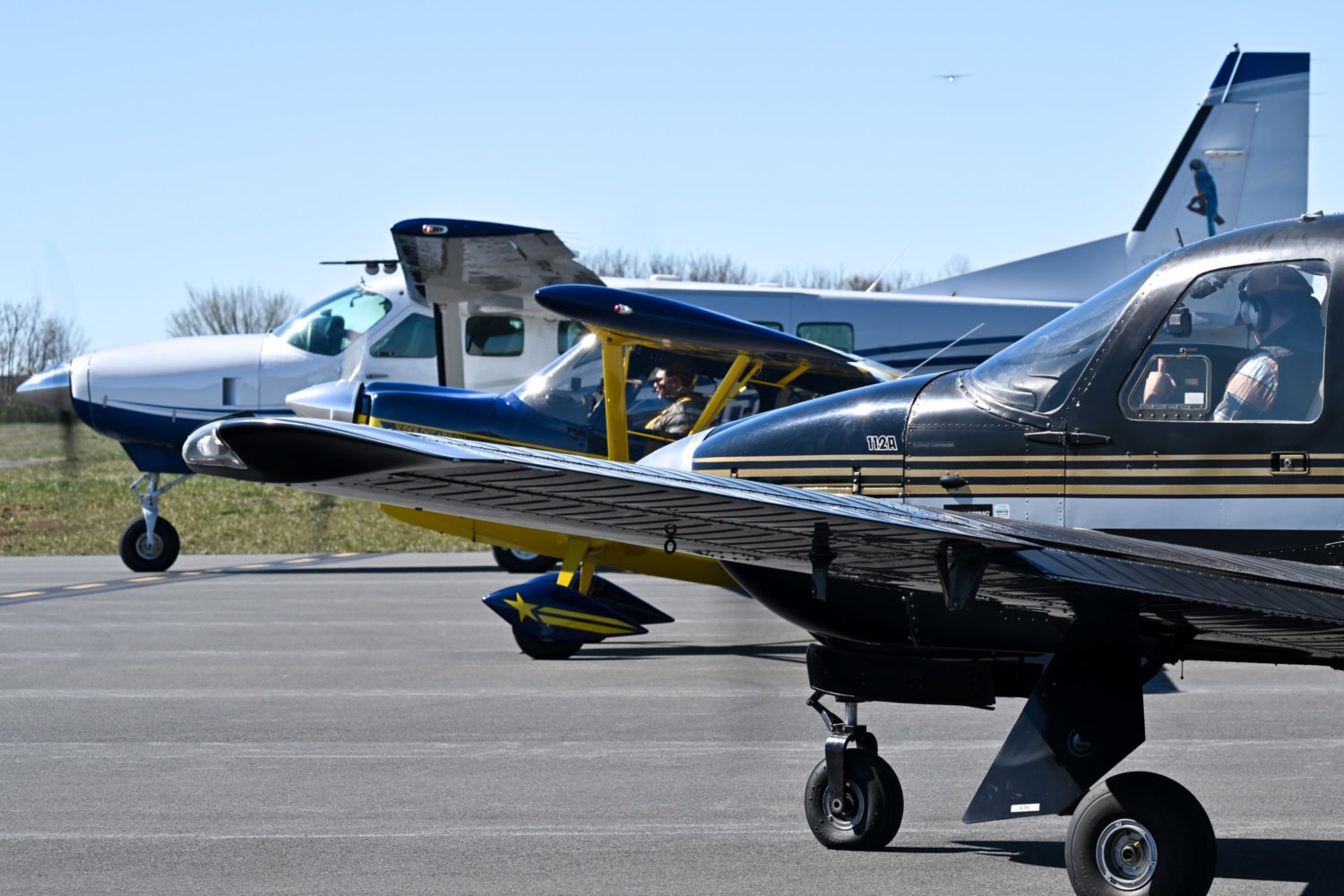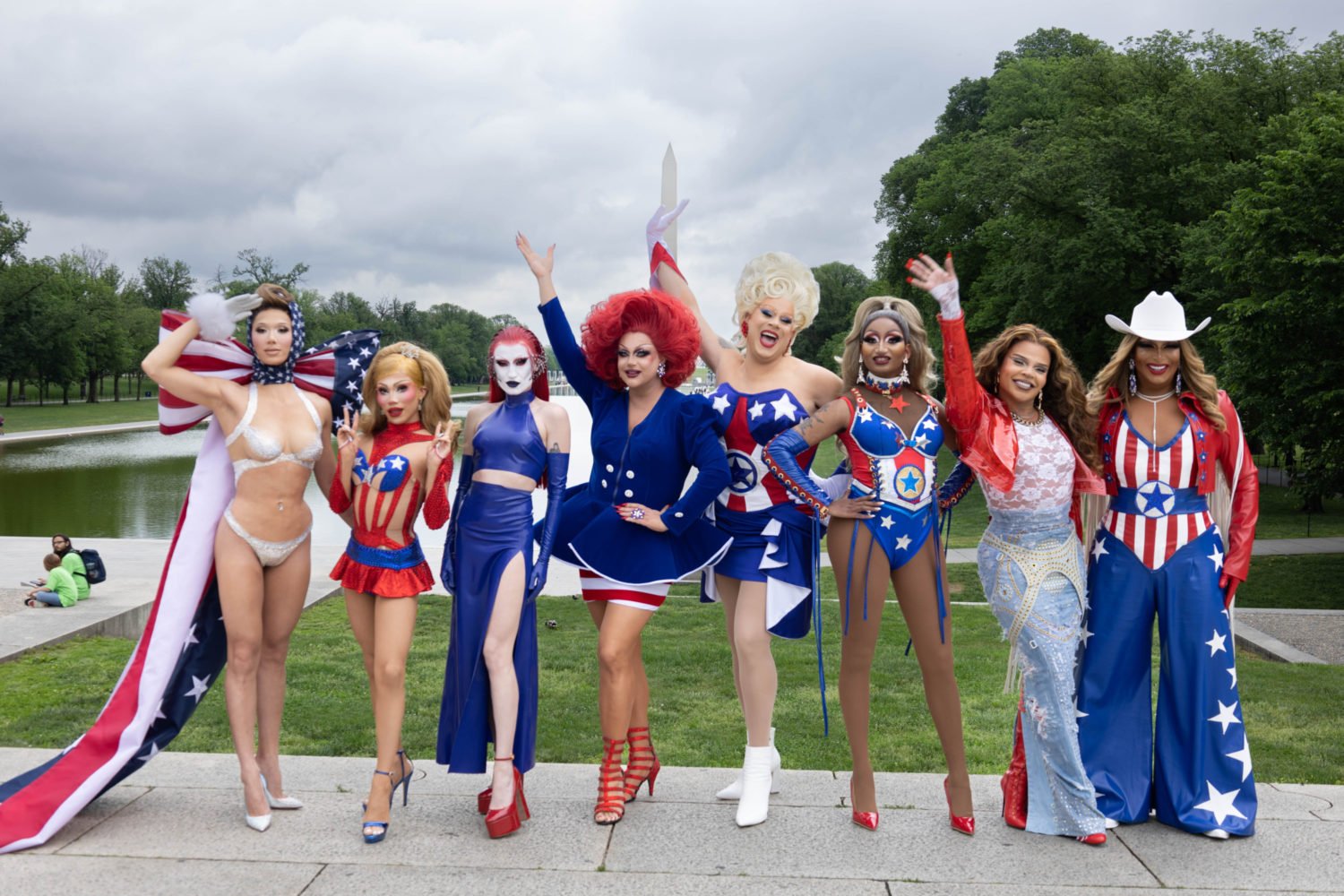Republican presidential candidate Marco Rubio got a much-needed boost to his campaign’s sagging delegate count when DC Republican Party Executive Director Pat Mara announced the results of the local GOP’s convention. The DC Republicans, usually a blip in their national party’s nominating process, became suddenly relevant in a contest that has boiled down to Donald Trump and everyone who isn’t Donald Trump.
But more memorable than the fact that DC will go down as one of the few GOP primaries so far not won by the brutish developer is that Saturday brought the District’s Republicans—a rare breed in the country’s most overwhelmingly Democratic city—out en masse. Even at 3 PM, more than five hours after voting started, the line from the Loews Madison Hotel at 15th and L streets, Northwest, stretched three full blocks down and a round to Thomas Circle.
Rubio won with 37.3 percent of the vote, edging out Ohio Governor John Kasich, who came in second with 35.5 percent. Trump was third with 13.8 percent of the vote, while Texas Senator Ted Cruz finished fourth with 12.4 percent. But only Rubio and Kasich will split DC’s delegates, as neither Trump or Cruz met the 15 percent threshold to receive any delegates.
Trump, for what it’s worth, never had much of a chance to win here. His supporters were vastly outnumbered by those of Rubio, Kasich, and Cruz. Rubio appeared to have the most backers by far, but the most popular sticker and sign was “#NeverTrump,” with many voters sporting the hashtag saying they will abandon their party if Trump is the nominee. The hotel’s lobby was filled with tables for representatives of every candidate and delegate slate, including a #NeverTrump group that included Josh Bolten, a White House Chief of Staff in the George W. Bush administration.
“It’s not surprising in DC they want candidates with clear policy proposals and experience,” Mara said after announcing the results. “Other than that, yeah, I guess they’re the establishment.”
While they waited to get inside, many voters made their opposition to Trump even clearer.
“Trump is a racist and bigot,” said Kyle Foster, a 25-year-old Energy Department employee who voted for Kasich. “That’s what frightens me the most. I’ll vote Democrat.”
Kasich, Foster said, “is the only candidate on the Republican side who has an interest in governing.”
But Foster, voting in his first election since moving to DC from Florida—he’s not a fan of Rubio, either—was also stunned by the turnout. “I didn’t even know there were this many Republicans in DC,” he said.
To be sure, there are not. The DC Board of Elections counted 27,228 registered Republicans—about 6.25 of the city’s registered voters—as of February 29, the deadline to vote at Saturday’s convention. About 5,100 voted in 2012, when the primary fell in early April, several weeks after Mitt Romney locked up the party’s nomination.
There were 2,839 votes cast on Saturday, which Mara said out-performed traditional primary turnout of about 8 percent. The massive lines and surging interest is thanks to Republican National Committee rules, which stipulate that primaries that fall within 45 days of the party convention starting July 18 can lose delegates. DC’s city-administered primary—which will contain the Democratic presidential primary along with local races—does not happen until June 14.
“It’s more people than I anticipated,” Mara told Washingtonian. “It was difficult to get the word out.”
A hotly-contested primary race helped, too. Voters had until 4 PM to get in line to vote, although the party made accommodations for Seventh-day Adventist and Jewish voters who observe the Sabbath and could not arrive until after sundown.
Voters reported wait times of nearly three hours on an brisk, overcast afternoon with occasional bursts of rain. Once inside the hotel, voters first passed through a presidential-primary ballot, where they chose their preferred candidate. After that, it was to a second ballot to select the specific delegates the DC Republican Party will send to the convention in Cleveland.
The final voter to get in line at 4 PM was Christina Goodlander, who runs a small non-profit organization focused on international human rights. She sported two stickers, one with Rubio’s name, and one with the “#NeverTrump” hashtag. She wore the Rubio brand because, she said, the senator “offers a positive vision for moving America forward,” and the hashtag because she will “absolutely not” vote for Trump in the general election. Rubio has consistently said he will support his party’s nominee no matter who it is, although he acknowledged that “it’s getting harder every day,” while campaigning in Florida on Saturday.
Even though Trump’s supporters were sparse in DC, they didn’t hesitate to flash their candidate’s hostility. Late in the afternoon, a man wearing one of Trump’s “Make America Great Again” caps stalked the remaining line to pester other candidates’ supporters.
“Kasich couldn’t get elected dog catcher,” the man, who refused to give his name on the grounds that “all journalists are liars,” barked at a Kasich supporter.
The Kasich supporter had a quick riposte: “I’m from New York, and I know a loser when I see one,” said Robert Zysk.
Other Trump voters were harsher.
“I think he’s the only one who can kick ass and take names,” said Elizabeth Wilson, who lives in Northwest DC. “He’s the only one with strength and character.”
Wilson did not sound to be unnerved at all by incidents at Trump rallies across the country, which have seen a number of physical altercations between supporters and protesters.
“I think they’re riled up, they’re organized against us,” Wilson said. “The black movement, the not-Trump movement all descend on us.”
Wilson was not bothered by an incident Wednesday in which a white Trump supporter sucker-punched a Black Lives Matter demonstrator who was exiting a rally in Fayetteville, North Carolina.
“He probably deserved it,” she said. “Go find someone more sympathetic to talk to.”

